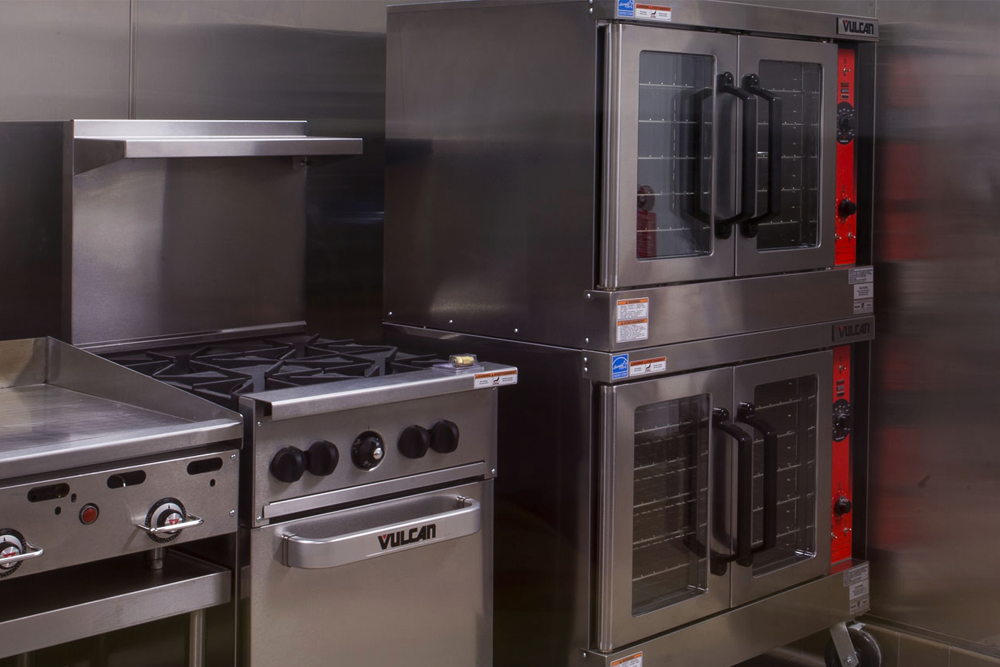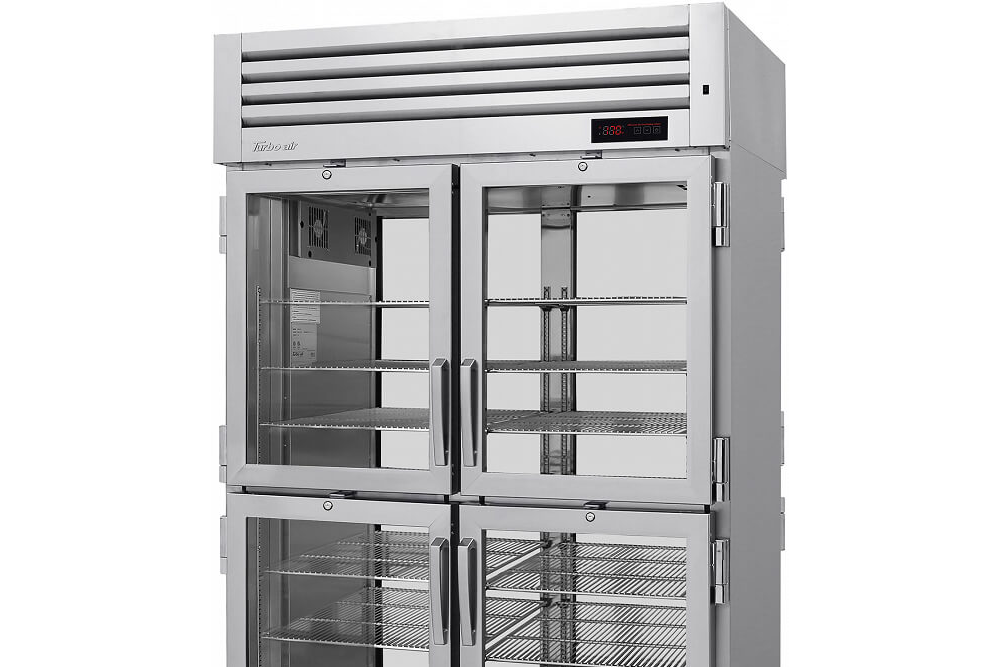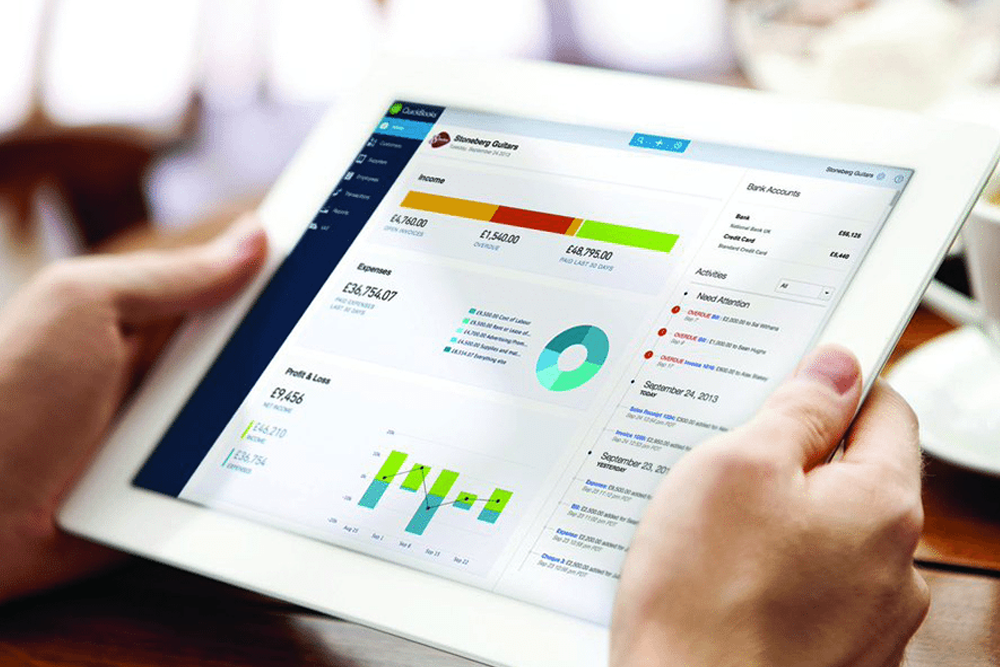So your business needs funding. After you have created a financing plan that shows how much money you will need to borrow, when you need to get it, and when you hope to have it repaid, you will be ready to survey your loan options. One of the first decisions you will frequently face involves weighing the advantages of a business line of credit versus—loan options.
There are no silver bullets in the funding world, so it is impossible for someone to conclusively state that there is a universal winner in the business line of credit vs. term loan debate. What matters is that you carefully evaluate the pros and cons of both types of funding, then choose the option that lines up with your small business goals.
What is a business term loan?
A term loan is possibly what you think of when you think of traditional business loans. With a term loan, you get a lump sum of capital that you pay back over a particular time( or term) with a set of interest rates, which may be variable or fixed. Typically term loans have repayment of one to five years with amounts ranging from $25,00 to $500,000. Regardless of when you begin using the money from your term loan, you will start making payments to the lending institution immediately. These payments are a set schedule (anywhere from monthly to daily). Bear in mind; term loans can also come with fees apart from interest, including origination fees, prepayment penalties, packaging fees, etc. A term loan calculator can assist you to see how much debt you can manage.
When a business should use a term loan?
Generally, business owners use the proceeds of term loans to fund a particular, one-off investment for their business, like opening a new location, refinancing existing debt, buying additional inventory, or making excessive use of a unique business opportunity.
Much like personal loans, to get a business term loan, you will need to show precisely why you require to borrow the money (what you intend to use the funds for and how it will help your business increase profits and sales). If your financial projections convince lending institutions that these changes will increase your profits and sales- and you have strong business credentials- the lender will be more confident that your business will be able to make the repayment.
What are the requirements of term loan?
Both alternative lenders and banks provide term loans, and they generally need strong business credentials. To qualify for a term loan, you will possibly need at least three years of business history, over $300,00 in annual business revenue, and a credit score of 680 or more. The better your qualifications, the higher the loan limit you are likely to get, lower interest rates, and longer repayment terms. You will possibly be asked to provide collateral for your term loan, or the lender might place a blanket lien on your company to make sure that they can recoup their money in the event you default the loan.
What is a business line of credit?
Generally, a business line of credit is one of the most flexible funding products on the market. You can think of a business line of credit as a more powerful credit card. If approved, a lender will extend your credit limit from which you can draw against at any time and for business purposes. Contrary to a term loan, you only pay back what you use and interest. Another unique quality of business lines of credit is they are often revolving, indicating once you pay back what you have used, your balance refills to its initial value, and you can draw against it anytime.
Thus, most businesses keep lines of credit in their back pocket for unpredicted emergencies or opportunities they have to react to faster. Business lines of credit vary from $10,000 to over $1 million and, whereas they do not have hard-and-fast term lengths such as term loans do, generally you might have between six months and five years. Like term loans, you will want to ensure you understand all of the fees linked with your credit line. Based on the lender, you might be subject to inactivity fees, draw fees, withdraw minimums, and more.
When should your business use a business line of credit?
A business line of credit is sometimes known as an operating line of credit since its purpose is to assist ongoing operating expenses. Business lines of credit are suitable for short-term financing needs and ongoing operating expenses, like seasonal expenses, payroll, temporary cash flow shortages, and unexpected payments. Besides, since you do not have to repay your business line of credit until you begin using it, many businesses apply for this kind of financing to keep as an emergency fund of sorts for their business. That is why the best time to apply for a business line of credit is before you need it.
Requirements for business lines of credit
Like with term loans, the stronger your business credentials, the better terms you will get for a business line of credit. With that said, business lines of credit generally have less stringent qualifications as compared to term loans. Typically, lenders want to see at least one year of business history, over $180,000 in yearly revenue, and a credit score of not less than 630. Business lines of credit can be secured- indicating they are backed by collateral like accounts receivable and inventory or unsecured, backed by a personal guarantee.
Compare business term loan vs. business line of credit
Now that you have a good comprehension of both business lines of credit and business term loans, let us take a deeper look at how these two funding products differ.
Fees
Typically a business line of credit has a low-interest rate and closing costs than a loan of comparable size. Nonetheless, if you are late with a payment or go over your borrowing limit, your business line of credit interest rate might increase. Substantially, unlike a term loan, where the interest rate stays the same for the life of the loan. Besides, based on your lender, your business line of credit might have inactivity or draw fees. On the other hand, term loans might have origination fees, prepayment penalties, and more.
Repayment structure
Whereas term loans have a set, predictable repayment system where you make payments of equal size at equal period increments, lines of credit are much more fluid. Because you only have to repay what you use, you might have your business line of credit for months before you begin making payments. Thus, business lines of credit do not have such defined terms.
Uses
Whereas both loans and business lines of credit can provide your business with some much-required capital, they have various use cases. Term loans are best for particular, one-off purchases. You need to understand what you are looking to fund and how much capital you require before applying for a term loan. However, business lines of credit are ideal for ongoing operating expenses. This kind of funding is much more flexible and is often revolving, indicating you do not have to reapply every time you use and repay your loan.
Requirements
When comparing a business line of credit vs. business term loan, it is easier to be eligible for a business line of credit. Borrowers can be accepted for business lines of credit with lower revenue and credit scores and less time in business. This makes them a more accessible choice.
Similarities between term loan vs. business line of credit
Whereas there are many differences between term loan versus business lines of credit, these funding products do have some things in common.
Lenders
Business term loans and lines of credit are provided through traditional banks and online, alternative lenders. Whereas requirements differ between products, you can be certain that the stronger your business credentials (revenue, business history, credit score), the better terms you can expect.
Flexible capital
Business lines of credit and term loans work best in different business cases; nonetheless, they are both flexible business loan products in that you can utilize the proceeds for any business-associated expense. Some types of funding, such as equipment or SBA 504/CDC loans, dictate precisely what you can use them for (in this situation, particular equipment, or real estate, respectively).
Short-term options
Finally, if you find that you cannot quite meet the requirements for either a business line of credit or term loan, or if you require a smaller amount of capital faster, both products provide short-term options that might better fit your needs. With short-term loans, you can get up to $250,000 with terms between three to three years.
When deciding which is the right option for your business, you should consider what you need to use the money for. If you require to fund a specific, one-time expense, then a term loan is your best option. Nonetheless, suppose you are looking for money to cover ongoing operating expenses, or you want a reserve to keep just in case of an emergency; in that case, a business line of credit is right for you.












